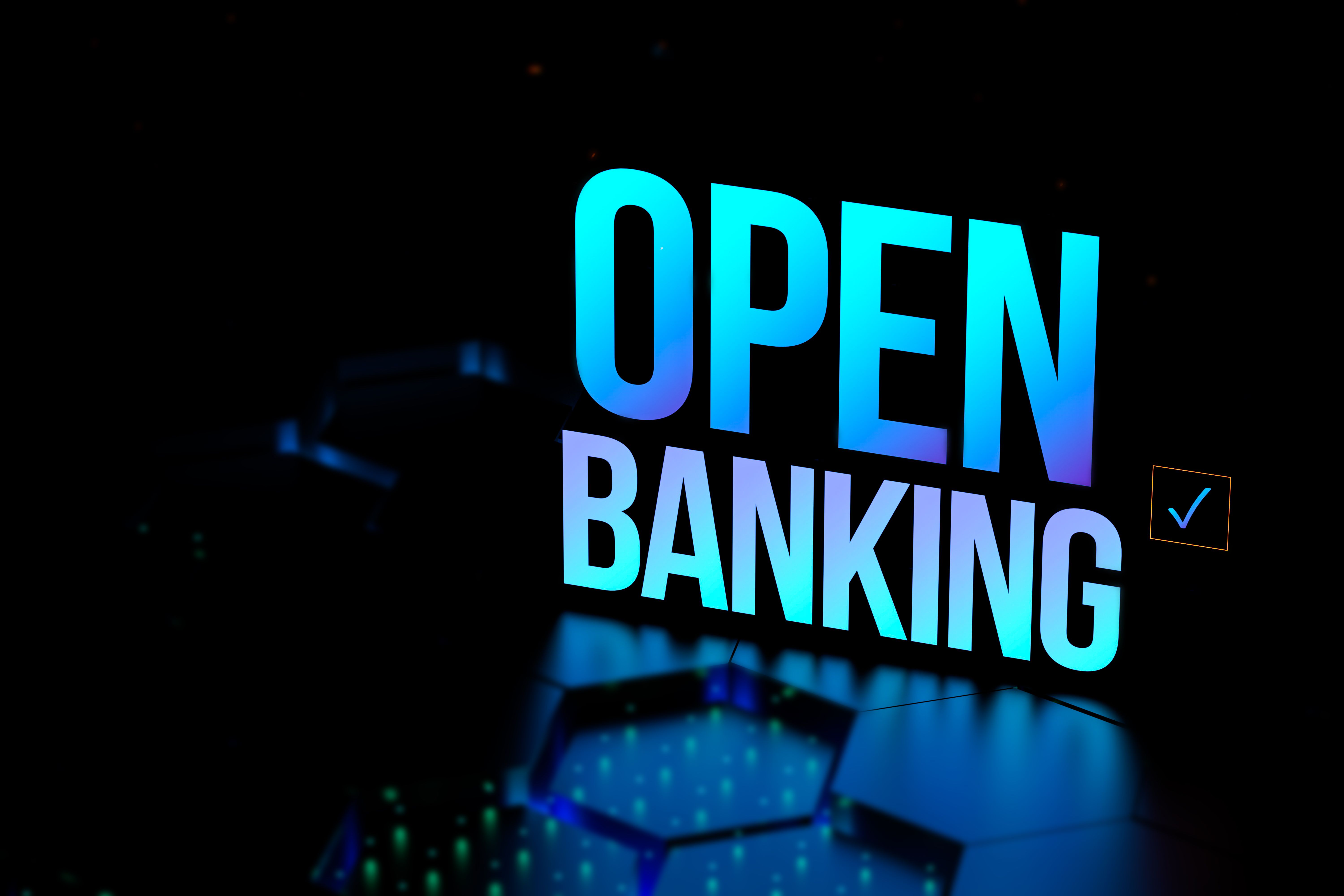Open Banking's Growth: Transforming Financial Services through APIs
Understanding Open Banking
Open Banking is revolutionizing the financial services sector by leveraging APIs (Application Programming Interfaces) to enable secure data sharing between banks and third-party providers. This transformative approach is designed to enhance customer experience, foster innovation, and create a more competitive market environment. By breaking down silos, Open Banking empowers consumers with greater control over their financial data and offers them personalized financial solutions.
The introduction of Open Banking is a significant shift from traditional banking models, which often kept customer data locked within financial institutions. Through APIs, banks can now securely share data with authorized third parties, paving the way for a host of innovative financial products and services. This shift is not only enhancing consumer choice but also driving efficiency and transparency in the financial ecosystem.

The Role of APIs in Open Banking
At the heart of Open Banking's growth are APIs. These interfaces allow different software applications to communicate seamlessly, enabling banks to connect with fintech companies and other service providers. APIs facilitate the secure transfer of data between parties while ensuring compliance with stringent regulatory standards. This connectivity is crucial for developing new applications that can analyze financial data and provide insights tailored to individual consumer needs.
APIs are crucial for enabling real-time data exchange, which is vital for delivering services like instant payments, account aggregation, and personalized financial advice. The real-time capability of APIs ensures that users have access to up-to-date information, empowering them to make informed financial decisions.
Benefits for Consumers
Open Banking offers numerous benefits for consumers. By granting access to their financial data, users can enjoy a more personalized banking experience. For instance, consumers can receive customized recommendations on savings plans or investment strategies tailored to their spending habits and financial goals.

Additionally, Open Banking promotes transparency in financial services by allowing consumers to compare products and services easily. This transparency leads to more competitive pricing and better service offerings from financial institutions, ultimately benefiting the end-user.
Challenges and Considerations
Despite its advantages, Open Banking also presents several challenges. Security and privacy concerns are at the forefront, as consumers must trust that their data is protected when shared with third-party providers. To address these concerns, stringent regulations and robust authentication processes are in place to ensure that only authorized entities have access to sensitive information.
Moreover, the success of Open Banking depends on widespread adoption by both banks and consumers. Financial institutions must be willing to embrace new technologies and partnerships, while consumers need to be educated about the potential benefits and risks associated with Open Banking.
The Future of Open Banking
As Open Banking continues to evolve, it is expected to pave the way for even more innovative financial solutions. The integration of artificial intelligence and machine learning into Open Banking platforms will further enhance personalization and predictive analytics capabilities, offering even more value to consumers.
The growth of Open Banking also presents opportunities for new market entrants, including fintech startups that can offer niche services or target underserved segments. As competition intensifies, consumers can expect a broader range of options and improved service quality across the board.
Conclusion
Open Banking is transforming the financial services landscape by placing consumers at the center of their financial journey. Through the use of APIs, banks and fintech companies can collaborate to deliver personalized, efficient, and transparent services. Despite challenges such as security concerns and the need for widespread adoption, Open Banking holds the potential to reshape how we interact with financial institutions in the future.
The continued evolution of Open Banking will undoubtedly bring about further advancements in technology and innovation, benefiting consumers and businesses alike. As we move forward, it is essential for stakeholders to work together to ensure that Open Banking delivers on its promise of a more open, inclusive, and dynamic financial ecosystem.
Open Banking's Continued Expansion: Open banking frameworks, facilitating secure data sharing via APIs, are driving innovation in financial services, allowing third-party providers to offer integrated and customized solutions.
